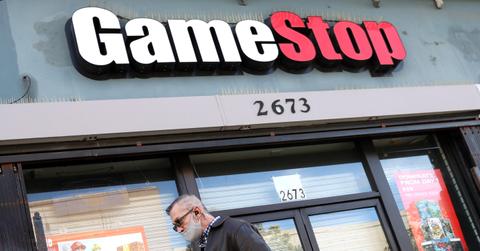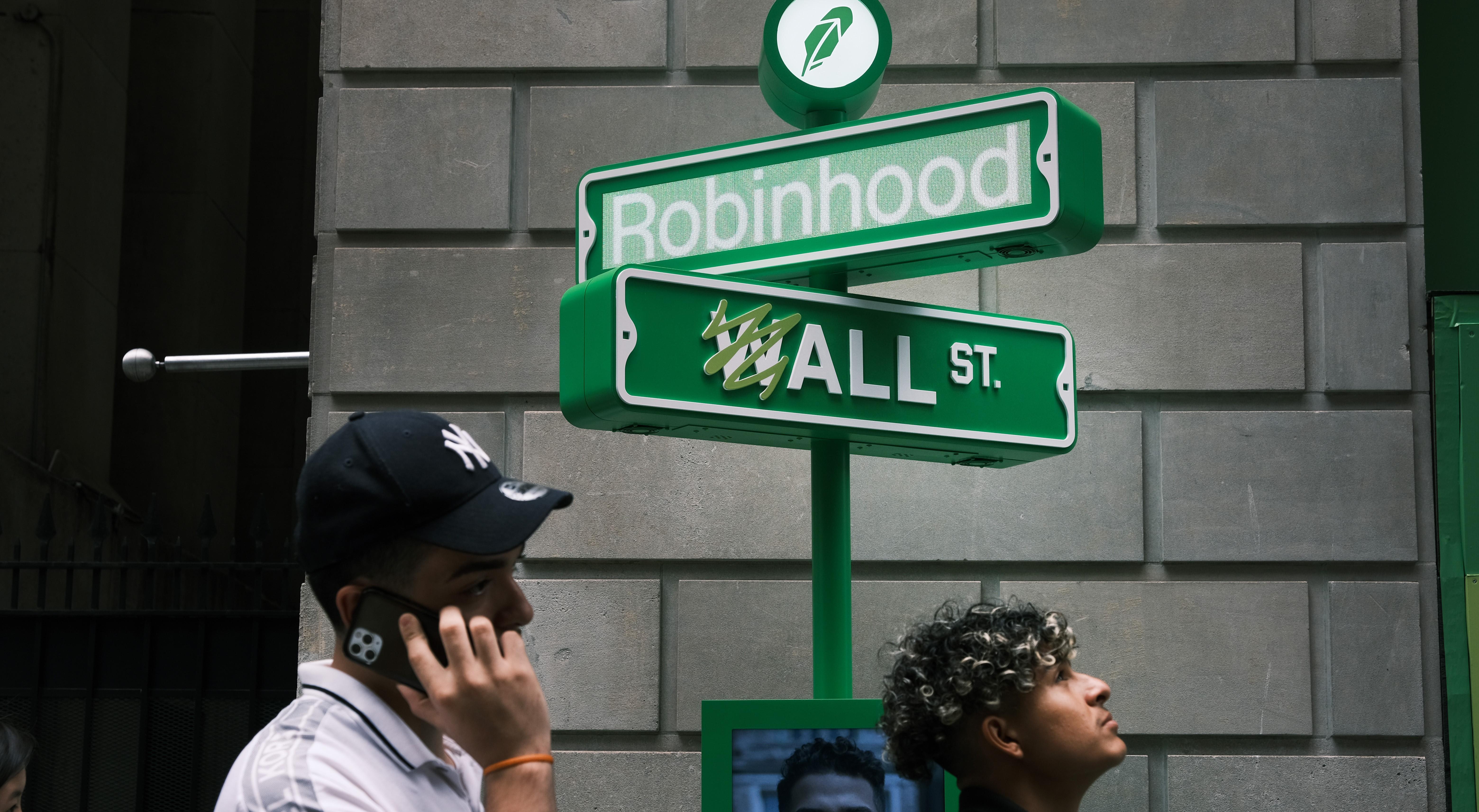SEC Meme Stock Report: No Policy Changes, Forecasts Potential Shifts
The SEC released a report about the meme stock debacle of early 2021. What does the SEC have to say?
Oct. 19 2021, Published 11:34 a.m. ET
At the beginning of 2021, the stock market flailed so wildly that it seemed even the SEC didn't know what was going on. With GameStop (NYSE:GME) and other meme stocks soaring in price, short sellers lost millions.
About nine months later, the SEC released a report on equity and options market structure conditions during that time. Here's what the SEC revealed about the markets, companies like GameStop, and investing apps like Robinhood.
SEC concludes that no policy changes are needed yet.
Despite frenzied trading of meme stocks like GameStop—which increased by more than 2,700 percent at certain points in January—the SEC said that the markets functioned like they're intended to.
"The extreme volatility in meme stocks in January 2021 tested the capacity and resiliency of our securities markets in a way that few could have anticipated," the SEC wrote in its report. The SEC added that the events showcased broad participation in the markets including "many different types of investors [who] buy and sell stocks for many different reasons."
Ultimately, the SEC didn't propose any policy changes regarding investing. The short squeeze of investors trying to profit off of short sellers rapidly losing value only contributed "a small fraction of overall buy volume." This is proven by the fact that GME stock retained a heightened value even after efforts to cover short positions waned. The SEC says that it was individual investors making the moves.
The Commission harps on trading app gamification
The SEC says that there isn't proof Robinhood is in the wrong despite poorly timed trading halts. Still, trading apps have game-like features, differential marketing, and behavioral prompts that promote engagement with retail investors.
"These features, which have the potential to leverage large amounts of user data, raise questions about their effect on investor behavior," the Commission says.
Considering the risk involved in investing, it's possible that the SEC will place limitations on trading app features moving forward. Given the lag in developing the meme stock report, this type of action would likely take a long time.
A forecast for brokerages using payment for order flow
PFOF (payment for order flow) is one way retail broker-dealers have been able to replace revenue in a commission-free environment. "Payment for order flow creates incentives with regard to the end customer whose order flow is being sold," the SEC says.
Despite that, PFOF can be problematic because it can mean that market makers are executing trades based on what will bring them the most profit, not give investors the best market value. The SEC says "these payments can create a conflict of interest for the retail broker-dealer."
In the first half of 2020, Robinhood made $271.2 million in PFOF revenue, while Ameritrade made $526.59 million.
PFOF is common in the options and equities market. Rule 611 of Regulation NMS helps keep stocks to execute at or below the NBBO (National Best Bid/Offer). To improve conditions for everyday investors, the SEC plans to improve the NBBO and give investors more security in their trades.
The SEC meme stock report serves more as an in-depth explainer than a groundbreaking shift. Still, it shows where the SEC's priorities lie and where it might propose changes in the future.


